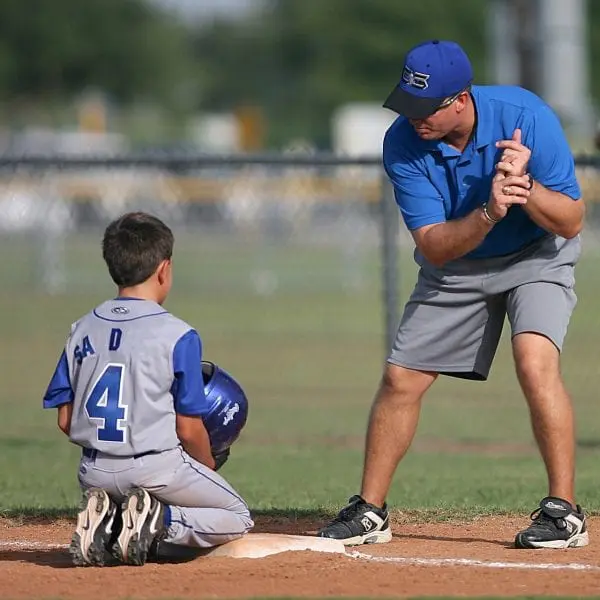Here’s What Coaches Really Look for in High School Athletes

Whether your teenager already participates in high school athletics or wants to, it’s important that you, as a parent, do everything you can to make the experience a positive one.
Youth sports blogger Alex Perdikis emphasizes the importance of the parental role in high school sports participation and how it shapes a teenager’s perception for life. What can you do to make sure you’re doing it right?
Here’s what high school coaches say about you, your athlete and the right and wrong ways to make sports a fun and engaging experience for all.
Coach Says “No Favorites,” But…
It’s a good bet that any coach you talk to will say there are no “favorites.” But is that entirely true? Coaches have to say it’s true, but in reality, there are kids coaches prefer to work with over others. Who would you rather coach? The child whose parents micromanage every aspect? Or, the child whose parents don’t second guess the coach and don’t act obnoxiously at the games? Coaches try to be supportive of kids whose parents present a challenge, but they’re only human.
The bottom line is coaches do have favorites. They love the athletes who come to practice every day, work hard and have parents who support but don’t smother them.
The Special Qualities Coaches Look For
Sure, athletes with natural abilities are special. Coaches realize that. But, they’re few and far between. And, even those with natural abilities need to be taught how to use them to the fullest.
Aside from natural talent and athleticism, however, coaches look for a variety of other qualities in student-athletes that you can help your child develop.
-
-
- Works hard both on and off the field. Of course, coaches expect their athletes to work hard on the field. But youth sports athletes who work out off the field, read up on gameplay and strategies and do well academically are a coach’s dream. Why? Because most who coach at the high school level do it because they want to help young people become successful, well-rounded adults.
- Displays good sportsmanship. By the time athletes reach high school, much of their game day personality is set. That’s not to say it can’t change, but displaying good sportsmanship is something that should be taught from a young age. It’s up to parents to not only tell their kids that gracious winning, as well as gracious losing, is expected, but parents also need to exhibit good sportsmanship themselves. That’s how children truly learn how to behave.
- Wants to be there. Does your child love the game? Does your child really want to play? Or, have you pushed your young athlete into playing a sport because that’s what you want? Tough questions. Unfortunately, coaches see kids every day who are there because Mom and Dad want them there, not because the child made the decision to play.
-
Coaching in a Distracted World
One of the biggest hurdles high school and youth sports coaches face is distractions. Kids all seem to have smartphones and many feel lost if they’re not always connected. It’s a relatively new problem for coaches, but, as always, they’ve adapted.
Now, many coaches implement rules about cellphone use during practices, games and team meetings. Rules include acceptable and unacceptable cellphone use as well as consequences for not following the rules. For example, some coaches require that phones be stored in lockers as soon as athletes arrive. If an athlete is found with a phone during prohibited activities, consequences, such as being kicked out of practice, are enforced. As a parent, you can help coaches deal with the intrusion of cell phones by clearly supporting the rules.
Similar Posts:
- None Found









